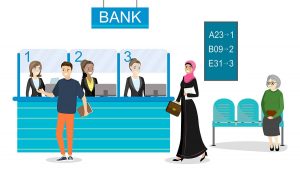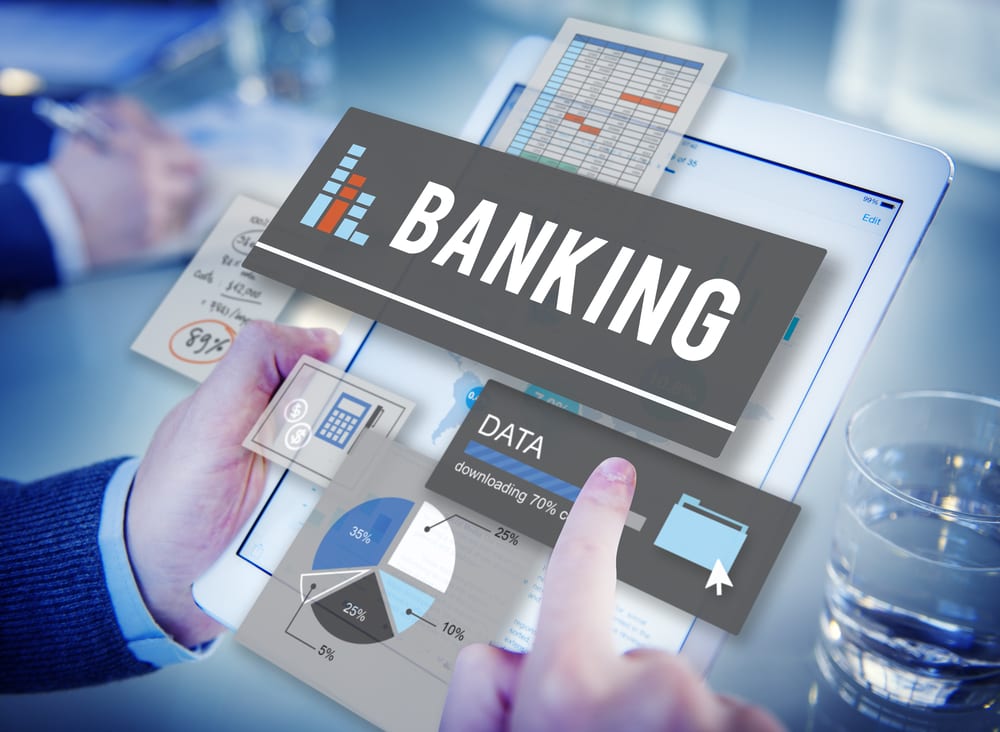How To Become A Banker
Banking is defined as the business activity of accepting and safeguarding money owned by other individuals and entities, and then lending out this money in order to conduct economic activities such as making profit or simply covering operating expenses.
A bank is a financial institution licensed to receive deposits and make loans. Two of the most common types of banks are commercial/retail and investment banks. Depending on type, a bank may also provide various financial services ranging from providing safe deposit boxes and currency exchange to retirement and wealth management.
What Does A Banker Do?

Bankers work at financial institutions to provide direct assistance to individual clients, investors or companies so that they can manage their money. Bankers advertise their employer’s different financial services, greet clients, perform administrative work, investigate unusual transactions, authorize loans, update accounts, follow procedures to keep accounts secure and help clients access their funds through money orders, cashier’s checks and deposit slips.
Their job is to explain financial protocols to clients, help them efficiently make changes to their account and direct them to other banking services that could be beneficial to their situation.
Banker Duties And Responsibilities

A Banker is often the first professional in the banking institution that a client sees whenever they walk into a bank. They must be able to create a welcoming environment for regular and new clients alike. The tasks may vary depending on where a Banker works. However, the following are some of the everyday duties and responsibilities for any Banker:
- Providing periodic reports and analysis
- Ensuring that all applications meet the standards of the company and regulatory compliance
- Actively prospecting, recruiting and pre-qualifying new clients for various financial services
- Referring clients to other financial experts when necessary
- Maximizing the efficiency and profitability of various financial products
- Monitoring client accounts and keeping information up-to-date
- Being the primary point of contact for established and new clients
- Working with colleagues in a collaborative work environment to develop better solutions and products
Banker Skills And Qualifications

A successful Banker should have knowledge of a wide range of financial strategies, strong communication skills and an ability to prioritize and be flexible with new tasks that arise throughout the workday. The following are the necessary skills and qualifications that you may find appropriate to add to your job description:
- Strong analytical skills
- Ability to multitask
- Ability to organize confidential and sensitive information
- Working knowledge of office software
- Conflict management skills
- Strong listening skills
- Exceptional interpersonal skills
- Desire to help clients with their financial needs
Banker Education And Training Requirements

A candidate for the post of a Banker needs to have a high school diploma or a General Education Diploma (GED). They must also have at least a bachelor’s degree in accounting, finance or related fields of study. Once recruited to the company, the new hire may have to take independent courses such as finance, accounting or math to help acquaint themselves with the technical skills necessary for their day-to-day operations. They may also need to undertake on-the-job training.
Banker Salary Expectations

Based on the payment information posted on Indeed.com by users and anonymous employees, the average salary for a Banker is $40,479 per year. This exact salary figure can depend greatly on factors such as experience level and geographical location. Some common benefits for Bankers include tuition reimbursement, relocation and commuter assistance, health insurance and paid time off.
Frequently Asked Questions About Bankers
What is the difference between a Bank Teller and a Banker?
Bank Tellers and Bankers work together at financial institutions but have different levels of responsibilities. Bank Tellers generally sit behind the counter at a bank and are the first people customers interact with when they have a question about their finances or need to access their account.
Bank Tellers refer customers to Bankers for more complex individual support so that they can get individualized assistance managing their accounts, making significant changes or applying for loans. Bankers have a large sales element to their job while Bank Tellers focus mainly on administrative work and client care.
What are the qualities of a good Banker?
A good Banker is friendly, detail-oriented and able to keep a positive attitude in stressful situations. Having a good attitude is essential for being successful at the customer service portion of being a Banker.
Bankers help people resolve problems with their accounts, so excellent Bankers must be able to make clients trust them and feel at ease through confidence, focus and clear communication in all situations. Great Bankers enjoy working with people and solving problems while also having an interest in financial services and investments.
What is the difference between an Investment Banker and a Relationship Banker?
There are several different types of banking positions that aspiring Bankers can pursue. Relationship Bankers, also known as Personal Bankers, are finance professionals who act as an intermediary between a bank and a customer. They handle the day-to-day financial needs of individuals.
Investment Bankers have less of an administrative role and generally work more in an advisory role, helping businesses and other organizations make investment decisions and manage their various investment accounts.







